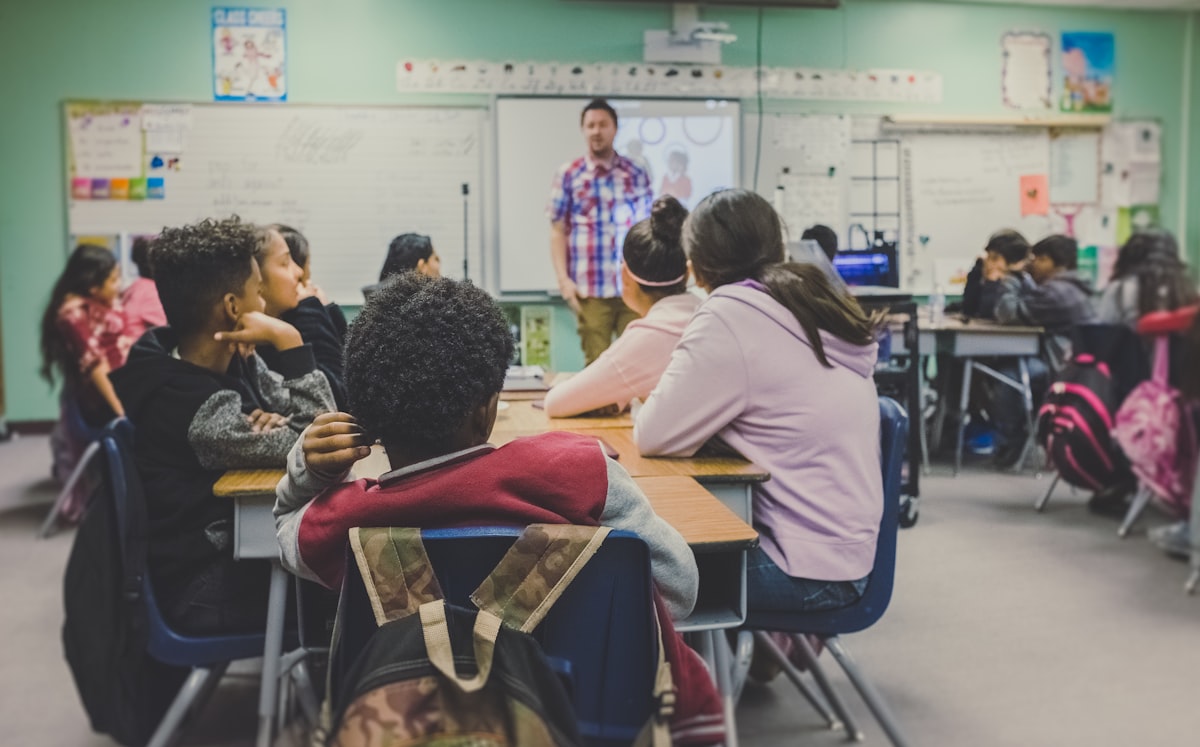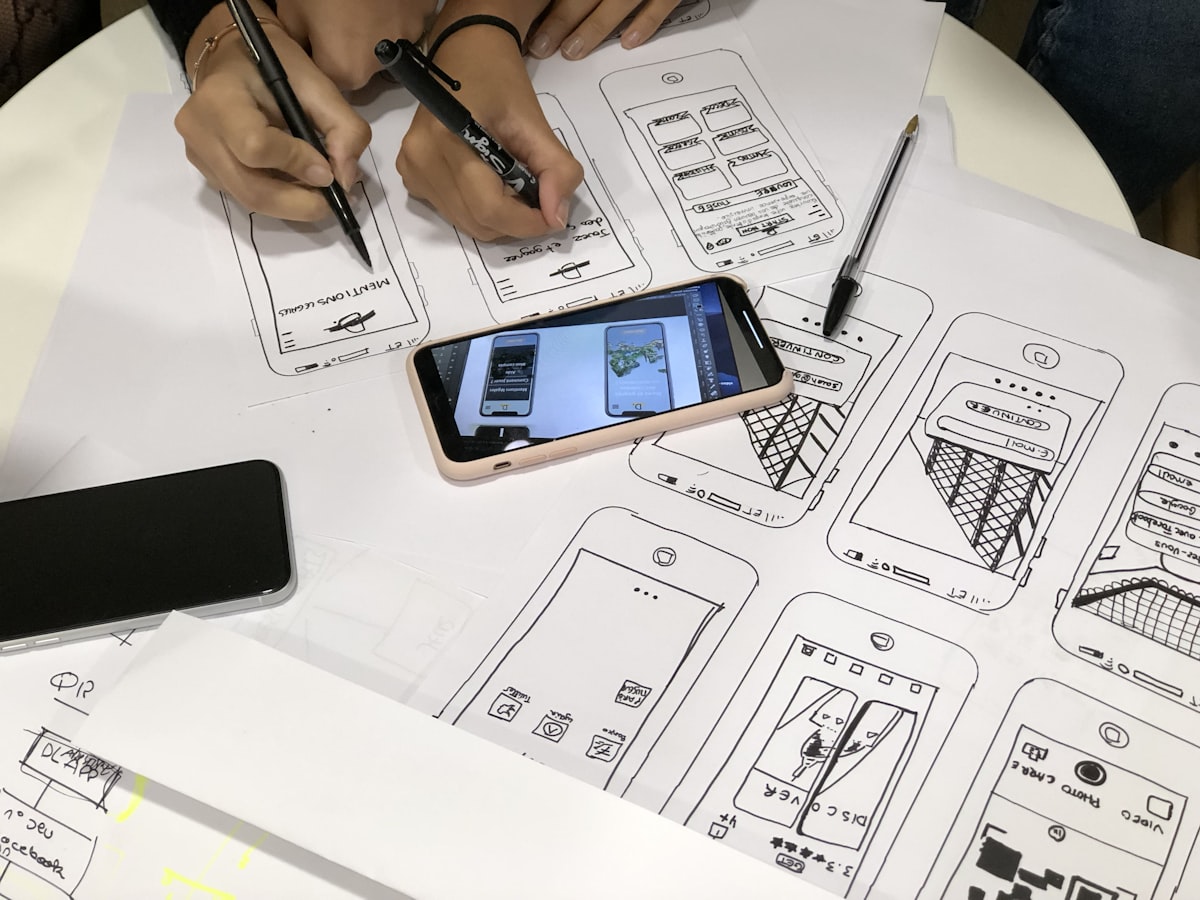
Personalized Learning: Tailoring Education with AI

Dr. Sophia Chang
March 10, 2025 • 5 min read
The concept of personalized learning has been an educational ideal for decades. Every teacher knows that students learn differently, at varying paces, and with unique strengths and challenges. But delivering truly personalized instruction at scale has remained an elusive goal—until now. Artificial intelligence is transforming this aspiration into reality, creating learning experiences that adapt in real-time to individual student needs.
The Evolution of Personalized Learning
Personalized learning isn't a new concept. From Socratic dialogues to one-room schoolhouses where teachers worked with students of different ages and abilities, educators have long recognized the value of tailoring instruction. However, the industrial model of education that emerged in the 19th and 20th centuries prioritized standardization and efficiency over personalization.
Recent decades have seen various approaches to personalization, including:
- •Differentiated instruction: Teachers providing multiple paths to learning based on student readiness, interests, and learning preferences
- •Individualized learning plans: Custom plans created for students, particularly those with special needs
- •Competency-based progression: Students advancing based on mastery rather than seat time
- •Flipped classrooms: Students consuming content independently and using class time for application and support
While these approaches have merit, they often placed unsustainable demands on teachers or provided only limited forms of personalization. Artificial intelligence is changing this paradigm completely.

Modern AI-powered adaptive learning systems can tailor content to individual student needs in real-time
How AI Enables True Personalization
Artificial intelligence brings unprecedented capabilities to personalized learning through several key mechanisms:
1. Continuous Assessment
Traditional education typically measures learning through periodic assessments. AI-powered systems can assess understanding continuously as students interact with material, identifying knowledge gaps and misconceptions in real-time.
These systems can analyze:
- •Response patterns to determine conceptual understanding
- •Answer timing to gauge confidence and fluency
- •Error types to identify specific misconceptions
- •Learning trajectories to predict future performance
2. Adaptive Content Sequencing
Based on continuous assessment data, AI can dynamically adjust the sequence and difficulty of learning materials. Rather than following a fixed curriculum path, students receive content optimized for their current knowledge state.
This adaptive approach ensures students:
- •Spend more time on challenging concepts
- •Move quickly through material they've mastered
- •Receive prerequisite instruction when knowledge gaps are identified
- •Experience an appropriately challenging learning environment

Students can learn at their own pace with AI guidance

Teachers can monitor student progress through comprehensive dashboards
3. Learning Style Adaptation
AI systems can identify how individual students learn most effectively and adjust content presentation accordingly. This might include:
- •Varying the balance of text, audio, and visual content
- •Adjusting the amount of practice versus instruction
- •Providing more or fewer worked examples
- •Customizing explanation styles based on what has previously helped the student
4. Predictive Analytics
By analyzing patterns across large student populations, AI can predict which concepts a specific student might struggle with and proactively provide additional support. These predictions become increasingly accurate as the AI gathers more data about the individual student.
Case Study: Carnegie Learning's MATHiaU
Carnegie Learning's MATHiaU platform uses AI to create a personalized math learning experience for each student. The system continuously analyzes student work, identifying precisely which skills they've mastered and which need additional attention.
Research has shown that students using this AI-powered approach demonstrated 2-3 times the growth in math skills compared to students using traditional instruction. The system was particularly effective for students who had previously struggled with math, narrowing achievement gaps across demographic groups.
Benefits of AI-Powered Personalization
The shift toward AI-enabled personalized learning offers numerous advantages:
Increased Engagement
When students work at an appropriate challenge level—not too easy and not too difficult—they experience what psychologists call "flow," a state of engaged concentration. AI can maintain this optimal zone by continuously adjusting difficulty.
Improved Mastery
By ensuring students master prerequisites before moving on and by providing targeted practice on areas of weakness, AI-powered systems can improve overall learning outcomes and reduce gaps in understanding.
Better Resource Allocation
Students spend more time on content they need to learn and less time on material they've already mastered, making more efficient use of learning time.
Metacognitive Development
Many AI systems provide students with insights about their learning patterns, helping them develop self-awareness about how they learn best.
Teacher Empowerment
AI handles much of the personalization automatically, freeing teachers to focus on high-value activities like coaching, motivation, and addressing social-emotional needs.
Challenges and Considerations
Despite its promise, AI-powered personalization faces several challenges:
Data Privacy
Personalized learning systems collect extensive data about students, raising questions about privacy, security, and appropriate data use. Strong ethical guidelines and transparent data policies are essential.
Algorithmic Bias
AI systems may inadvertently perpetuate or amplify existing biases in education if their algorithms and training data aren't carefully examined. Ongoing monitoring for fairness is crucial.
Balanced Education
While personalization has benefits, students also need shared learning experiences and exposure to diverse perspectives. A mix of personalized and communal learning activities is likely optimal.
Teacher-AI Partnership
The most effective implementations view AI as a tool that enhances teacher capabilities rather than a replacement for human educators. Professional development is needed to help teachers work effectively with AI systems.
Implementing Personalized Learning with AI
For educators and institutions looking to implement AI-powered personalization, consider these recommendations:
- •Start with clear learning goals: Technology should serve well-defined educational objectives, not drive them.
- •Pilot before scaling: Begin with small implementations to learn what works in your specific context.
- •Invest in teacher development: Ensure educators understand how to interpret and act on the data and insights AI systems provide.
- •Evaluate rigorously: Track outcomes systematically to determine if the technology is achieving its intended benefits.
- •Balance technology and human interaction: Consider how AI fits into the broader educational experience.
The Future of Learning is Personal
At Learn with AI, we're building assessment tools that help make personalized learning a reality. Our AI-powered question generation and analytics help teachers create customized assessments that identify exactly what each student needs.
Learn How It WorksConclusion: The Promise of Personalization
For generations, educators have recognized that personalized instruction leads to better outcomes, but practical limitations made it difficult to implement at scale. Artificial intelligence is removing these barriers, making truly adaptive, personalized learning accessible to all students.
As AI technology continues to evolve, we can expect personalization to become increasingly sophisticated, responsive, and effective. The future of education will likely be characterized by learning experiences that adapt not just to students' knowledge and skills, but to their interests, goals, and even emotional states.
While challenges remain, the potential benefits of AI-powered personalization—greater engagement, improved mastery, and more efficient learning—make it one of the most promising developments in modern education.
Related Articles
 EdTech Trends
EdTech TrendsHow AI is Revolutionizing Education in 2025
Discover the transformative impact of artificial intelligence on modern education and how it's reshaping teaching and learning experiences.
 EdTech Trends
EdTech TrendsThe Future of Education: AI, Machine Learning, and Beyond
Peer into the future of education technology and discover how AI and machine learning will continue to transform how we teach and learn.
 Product Updates
Product UpdatesIntroducing Learn with AI: The Ultimate Exam Creation Tool
Get to know our powerful AI-driven platform that's helping educators create customized, high-quality assessments in minutes instead of hours.

Dr. Sophia Chang
Dr. Sophia Chang is an educational researcher specializing in AI applications for learning. Previously the director of learning sciences at a major edtech company, she now consults with educational institutions on implementing effective personalized learning systems. She holds a Ph.D. in Learning Analytics from Stanford University.